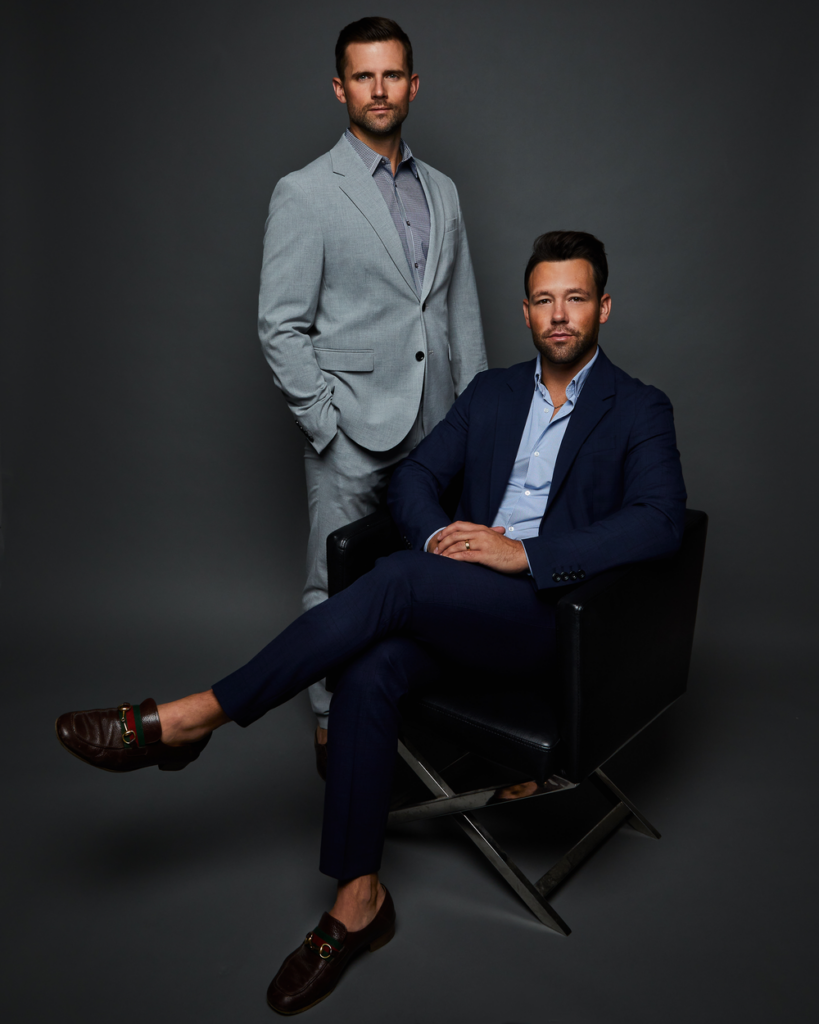Every person who wants to have a family of their own should have the right to pursue that dream. Having a family should never be restricted due to how a person identifies or who they love. However, with the overturn of Roe v. Wade taking place last June, there is a real fear that has begun to set in for LGBTQ+ families trying to navigate how these new legal changes could affect them. With the vast uncertainty that has followed the reversal of the longtime judgment, some of the changes being brought about question the legality of certain reproductive procedures.
Elevate Baby helps intended parents match with qualified egg donors, sperm donors, and surrogates in their respective states as they pursue their personal family planning goals. We believe in helping all families realize their dreams of welcoming a child into the world. However, in the post-Roe v. Wade world, it is important that intended parents who are LGBTQ+ consult with experts who are versed in the specific laws of their states before they begin their family-planning journeys.
How Does the Overturn of Roe v. Wade Affect LGBTQ+ Families?
It is no secret that the road to parenthood is often met with more challenges for LGBTQ+ individuals. This is often due to the fact that these intended parents will need to utilize an egg or sperm donor, as well as, a surrogate in order to build a family. With the overturn of Roe v. Wade, the family planning options that are available to LGBTQ+ intended parents, like egg donation or gestational surrogacy, may be affected as a result of the new laws that are coming into play across the nation. In the United States, there are already 13 states that have the most restrictions regarding the LGBTQ+ community including Alabama, Arkansas, Florida, Georgia, Louisiana, Mississippi, Montana, Missouri, Oklahoma, South Carolina, South Dakota, Tennessee, and Texas. With so much uncertainty relating to these legal changes, there is concern on how families in these already restrictive states, and even those in formerly fair states, may be affected.
How the Roe v. Wade Overturn May Affect Surrogacy for LGBTQ+ Families
Across the country, there have been many new bills passed putting harsh restrictions on women’s access to abortion. While an abortion is obviously not the goal of surrogacy, there may come a point in any pregnancy where an abortion is medically necessary either for the surrogate mother’s health or an irreversible complication to the fetus. Because these restrictions are so strict in some states, allowing for no exceptions for medical-related abortions, some intended parents may be apprehensive to risk putting their surrogate mother at risk.
For most states who enacted so-called “trigger-laws” outlawing any type of abortion, practices regarding termination have had very little effect in practice. Most of these states already had limits on when abortions could take place. In surrogacy pregnancies, as in most other pregnancies, severe birth defects are not fully understood or discovered until around 20 weeks which is far beyond the former limits of most of these states.
The journey to match with the right surrogate is a long one, and it can be discouraging to consider giving up your search now. That is why we at Elevate Baby do not believe the answer is to write off surrogacy altogether. Instead, LGBTQ+ families who are in search of a surrogate should speak with experts and become informed on the laws within their state to decide whether they feel comfortable moving forward.
Is IVF Affected by the Overturn of Roe v. Wade?
In vitro fertilization, or IVF, is the medical procedure that involves creating embryos in a lab. Once those embryos are created then they are implanted into the uterus of the mother or surrogate mother who will be carrying the child. Due to the overturn of Roe v. Wade, the exact wording of some states’ abortion bans could affect reproductive procedures like IVF. This is because the procedure may result in discarding fertilized human embryos and many of these new bills, called personhood bills, state that life begins at the moment of fertilization and therefore grant constitutional rights and privileges to all persons from that moment forward. These personhood bills can be a cause for concern for intended parents because it brings to question whether they could be committing a criminal violation due to the law considering IVF treatments as putting the embryos, that are considered to be full humans, at risk under these laws.
For LGBTQ+ families who are relying on IVF as a means to be able to have their future child be biologically related to them by using their egg or sperm in addition to that of their respective donor, the lack of access to IVF procedures could be devastating. These types of state laws are referred to as “personhood” bills. At the time of writing, there are no such bills that have yet been approved.
While times may be uncertain as it relates to reproductive rights for women and members of LGBTQ+, one thing that is certain is that the team of experts at Elevate Baby will do everything in our power to guide you in your family planning journey and ensure you have the knowledge and access to build your family.
Build Your Family With Elevate Baby Today
At Elevate Baby, we welcome all intended parents with open arms as we help them during this exciting time. While the current legal atmosphere may hold uncertainties, you still have the right to pursue your dream of building a family.
We have years of experience treating all intended parents with the care they deserve to ensure that their family planning journeys are as special as they should be. Contact us today for more information regarding family planning with Elevate Baby by calling (323) 933-8918 or filling out our contact form.

